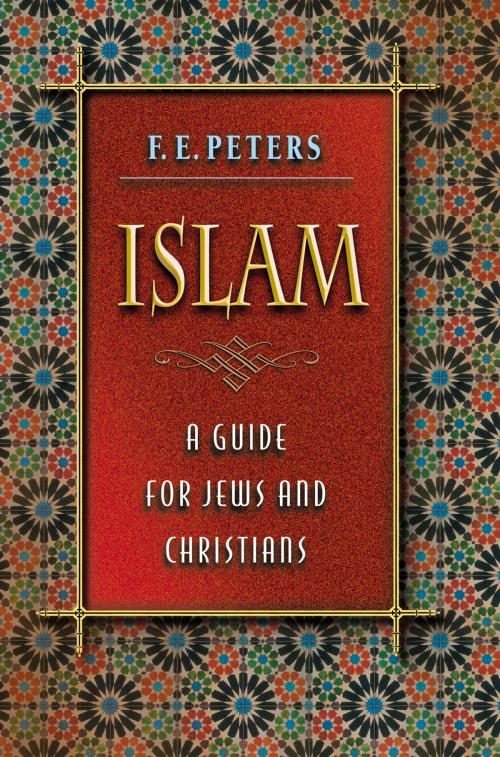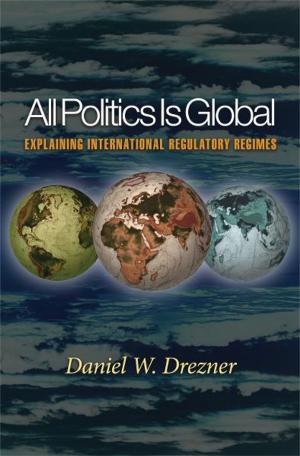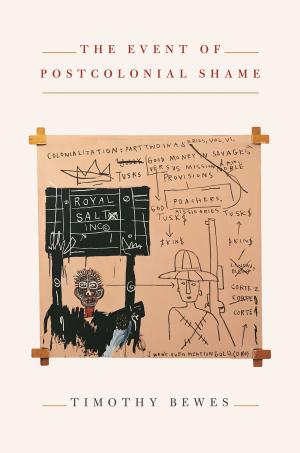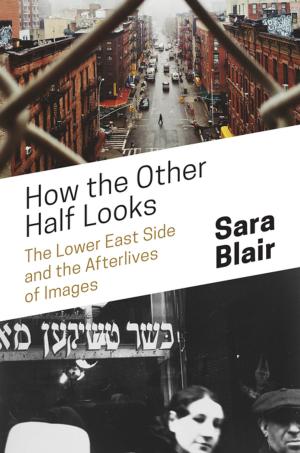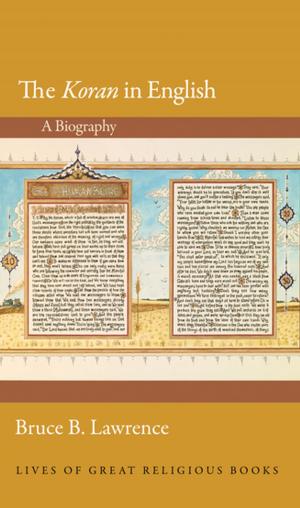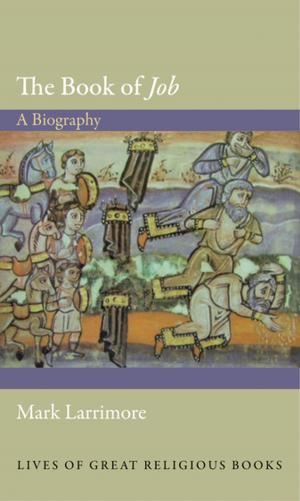Islam
A Guide for Jews and Christians
Nonfiction, Religion & Spirituality, Middle East Religions, Islam, Social & Cultural Studies, Social Science| Author: | F. E. Peters | ISBN: | 9781400825486 |
| Publisher: | Princeton University Press | Publication: | January 10, 2009 |
| Imprint: | Princeton University Press | Language: | English |
| Author: | F. E. Peters |
| ISBN: | 9781400825486 |
| Publisher: | Princeton University Press |
| Publication: | January 10, 2009 |
| Imprint: | Princeton University Press |
| Language: | English |
The Quran is a sacred book with profound, and familiar, Old and New Testament resonances. And the message it promulgated, Islam, came of age during an extraordinarily rich era of interaction among monotheists. Jews, Christians, and Muslims not only worshipped the same God, but shared aspirations, operated in the same social and economic environment, and sometimes lived side by side, indistinguishable by language, costume, or manners. Today, of course, little of this commonality is apparent, and Islam is poorly understood by most non-Muslims. Entering Islam through the same biblical door Muhammad did, this book introduces readers with Christian or Jewish backgrounds to one of the world's largest, most active, and--in the West--least understood religions.
Frank Peters, one of the world's leading authorities on the monotheistic religions, starts with the central feature of Muslim faith and life: the Quran. Across its pages move Adam, Noah, Abraham, David, Solomon, John the Baptist, Jesus, and the Virgin Mary. The Quran contains remarkably familiar accounts of Genesis, the Flood, Exodus, the Virgin Birth, and other biblical events. But Peters also highlights Muhammad's very different use of Scripture and explains those elements of the Quran most alien to Western readers, from its didactic passages to its remarkable poetry.
Peters goes on to cogently explain Islam's defining features--including the significance of Mecca, the manner of Muhammad's revelations, and the creation of the unique community of Muslims, all in relation to the Judeo-Christian tradition. He compares Jesus and Muhammad, describes Islamic commandments and rituals, details the structures of Sunni and Shi'ite communities, and lays out central Islamic beliefs on war, women, mysticism, and martyrdom.
The result is a crucial and extremely accomplished book that offers Western readers a professional yet highly accessible understanding of Islam, and at a time when we need it most.
The Quran is a sacred book with profound, and familiar, Old and New Testament resonances. And the message it promulgated, Islam, came of age during an extraordinarily rich era of interaction among monotheists. Jews, Christians, and Muslims not only worshipped the same God, but shared aspirations, operated in the same social and economic environment, and sometimes lived side by side, indistinguishable by language, costume, or manners. Today, of course, little of this commonality is apparent, and Islam is poorly understood by most non-Muslims. Entering Islam through the same biblical door Muhammad did, this book introduces readers with Christian or Jewish backgrounds to one of the world's largest, most active, and--in the West--least understood religions.
Frank Peters, one of the world's leading authorities on the monotheistic religions, starts with the central feature of Muslim faith and life: the Quran. Across its pages move Adam, Noah, Abraham, David, Solomon, John the Baptist, Jesus, and the Virgin Mary. The Quran contains remarkably familiar accounts of Genesis, the Flood, Exodus, the Virgin Birth, and other biblical events. But Peters also highlights Muhammad's very different use of Scripture and explains those elements of the Quran most alien to Western readers, from its didactic passages to its remarkable poetry.
Peters goes on to cogently explain Islam's defining features--including the significance of Mecca, the manner of Muhammad's revelations, and the creation of the unique community of Muslims, all in relation to the Judeo-Christian tradition. He compares Jesus and Muhammad, describes Islamic commandments and rituals, details the structures of Sunni and Shi'ite communities, and lays out central Islamic beliefs on war, women, mysticism, and martyrdom.
The result is a crucial and extremely accomplished book that offers Western readers a professional yet highly accessible understanding of Islam, and at a time when we need it most.
